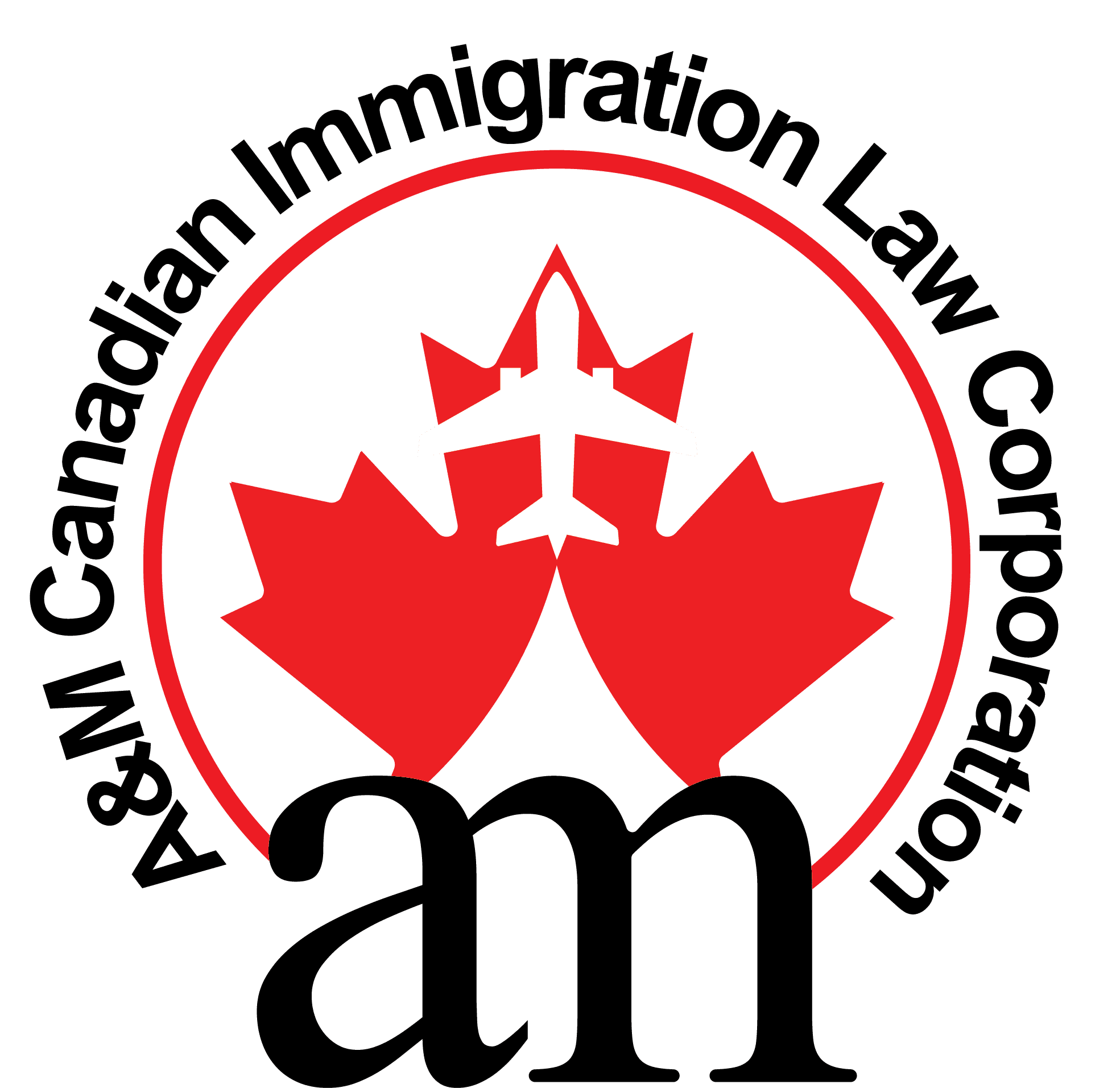Study Permits for U.S. Nonimmigrants: Immigration Pathways to Study in Canada
A&M Canadian Immigration Law Corporation
Study Permits for U.S. Nonimmigrants: Immigration Pathways to Study in Canada
Note: U.S.
nonimmigrant (e.g., someone in the United States on a visa such as H-1B,
F-1, or another temporary status),
For a U.S.
nonimmigrant the opportunity to study in Canada can be both exciting and
life-changing. Canada offers world-class education at the high school, college,
and university levels, often at more affordable tuition rates than comparable
U.S. institutions.
The process for U.S. nonimmigrants to obtain a Canadian study permit is like other international students, but it comes with the benefit of being able to apply online in advance or at a Canadian visa office abroad.
Do U.S.
Nonimmigrants Need a Study Permit?
Yes, U.S.
nonimmigrants require a study permit for academic programs longer than six
months.
- For short-term programs (6 months or
less): No study permit is needed; you can attend as a visitor.
- For longer programs: A study permit is
mandatory.
Unlike U.S. citizens, U.S. nonimmigrants cannot apply directly at the Canadian border. Instead, they must apply online or through a Canadian visa office before traveling.
Step-by-Step
Process for U.S. Nonimmigrants to Study in Canada
- Choose a Designated Learning
Institution (DLI)
- Only schools on the DLI list are
authorized to accept international students.
- Obtain a Letter of Acceptance
- The Canadian institution must issue
an official acceptance letter.
- Prepare Supporting Documents
You will need to provide: - A valid passport from your country of
citizenship.
- Letter of acceptance from a Canadian
DLI.
- Proof of funds: Tuition + living
expenses (at least CAD $20,635/year outside Quebec, as of 2024).
- Ties to your home country (proof you
intend to return after your studies unless you apply for permanent
residency later).
- Medical exam or police certificate
(if requested).
- Apply for a Study Permit
- Applications are submitted online
through IRCC or via a visa office outside Canada.
- Pay the processing fee and biometrics
fee (if applicable).
- Processing Times
- Applications typically take several
weeks, depending on the visa office.
- Arrival in Canada
- Upon entry, an immigration officer
issues your study permit, listing your conditions (school, program, work
eligibility, and validity period).
Can U.S.
Nonimmigrants Work While Studying in Canada?
Yes. With a valid
study permit, U.S. nonimmigrants are legally allowed to:
- Work up to 24 hours per week during academic terms.
- Work full-time during scheduled breaks (summer, winter,
spring).
- Apply for a co-op work permit if their program includes
a mandatory internship or practicum.
After Graduation:
Pathway to Permanent Residency
Many U.S.
nonimmigrants view Canadian study as a steppingstone to permanent residency
(PR).
- Post-Graduation Work Permit (PGWP): After
completing an eligible program of 8 months or more, you may qualify for a
work permit valid for up to 3 years.
- Express Entry / Canadian Experience Class (CEC): Canadian
education and work experience significantly improve PR eligibility.
- Provincial Nominee Programs (PNPs): Some provinces prioritize international graduates in their nomination processes.
Advantages of
Studying in Canada as a U.S. Nonimmigrant
Studying in Canada offers globally recognized education at a more affordable cost than many U.S. universities. The immigration pathway is straightforward: once admitted to a DLI, you can apply online for your study permit. U.S. nonimmigrants also benefit from the opportunity to work during studies and to remain in Canada after graduation through the PGWP and PR pathways.
Difference Between
U.S. Citizens and U.S. Nonimmigrants Studying in Canada
When applying to study in Canada, it is important to understand the difference between a U.S. citizen and a U.S. nonimmigrant (a person living in the U.S. on a temporary visa, such as H-1B, F-1, L-1, etc.). The requirements and procedures vary depending on your status.
1. Study Permit
Application Process
- U.S. Citizens
- Can apply for a study permit directly
at a Canadian port of entry (land border or airport).
- Also have the option to apply online
before traveling.
- Benefit from simplified processing
because of the close Canada–U.S. relationship.
- U.S. Nonimmigrants
- Must apply online or through a
Canadian visa office before traveling to Canada.
- Can not apply for a study permit
directly at the border.
- Processing is generally similar to other international students.
2. Visa/Entry
Requirements
- U.S. Citizens
- Do not need a visa or Electronic
Travel Authorization (eTA) to enter Canada.
- Only need their passport and study
permit (if required).
- U.S. Nonimmigrants
- Must hold a valid passport from their
country of citizenship (not just their U.S. visa).
- May also need a Temporary Resident
Visa (TRV) or an eTA, depending on nationality.
- In addition to the study permit, they must satisfy entry requirements applicable to their citizenship.
3. Proof of Status
- U.S. Citizens
- Proof of citizenship (U.S. passport)
is sufficient.
- U.S. Nonimmigrants
- Must provide:
- Passport from home country.
- Proof of lawful status in the U.S.
(valid U.S. visa, I-94, or green card if applicable).
4. Processing Times
- U.S. Citizens
- Can often receive a study permit
same-day at the border.
- Much faster than the standard process
for most international students.
- U.S. Nonimmigrants
- Applications may take several weeks
to months, depending on the Canadian visa office and volume of
applications.
5. Work While
Studying
- Both U.S. citizens and U.S.
nonimmigrants with a valid study permit can:
- Work up to 20 hours per week during
studies.
- Work full-time during scheduled
breaks.
- Apply for co-op work permits if their program requires it.
6. After Graduation
(PR Pathways)
- Both groups have access to the Post-Graduation Work
Permit (PGWP) and can transition to permanent residency through Express
Entry or Provincial Nominee Programs (PNPs).
- The only difference is in the initial application
process and entry documentation, not in post-study opportunities.
In short:
- U.S. citizens enjoy a simplified, faster process with
no visa requirements and the option to apply at the border.
- U.S. nonimmigrants follow the same process as other international students, with longer processing and additional entry requirements.
Contact Us
Ready to begin your Canadian study journey?
Contact us today for step-by-step support with your study permit application
and personalized immigration advice. Our team specializes in helping U.S.
nonimmigrants transition smoothly to Canadian education and beyond.
Frequently Asked Questions
Here is a quick comparison table at a glance:
Feature | U.S. Citizens | U.S. Nonimmigrants |
Where to Apply | At border (port of entry) or online | Online or Canadian visa office |
Visa/Entry Document | No visa or eTA required | May require TRV or eTA based on nationality |
Proof of Status | U.S. passport | Passport from country of citizenship + valid U.S. visa |
Processing Speed | Same-day possible at border | Weeks to months (visa office) |
Work Rights | Yes (20 hrs/week + full-time breaks) | Yes (same conditions) |
PR Pathways | PGWP, Express Entry, PNPs | PGWP, Express Entry, PNPs |
Yes. You must apply for a study permit for programs longer than 6 months. Unlike U.S. citizens, you cannot apply directly at the border.
Yes. Your spouse may be eligible for an open work permit, and your children can attend Canadian schools as dependents.
At least CAD $20,635 per year (outside Quebec), plus tuition fees and travel costs.
Yes. You can work part-time during studies and full-time during breaks.
Yes. U.S. nonimmigrants who graduate from Canadian institutions can transition through the PGWP, Express Entry, or PNPs.






